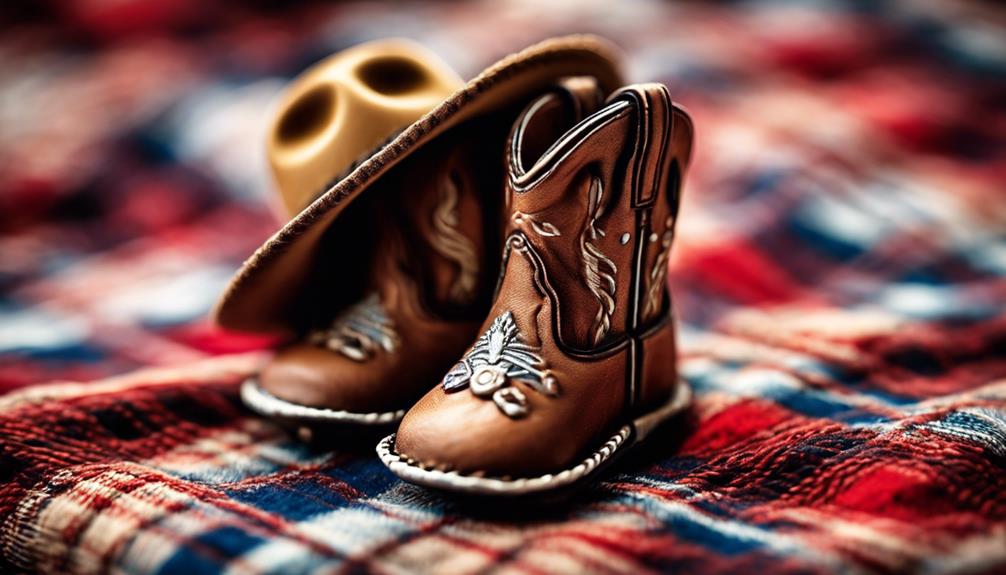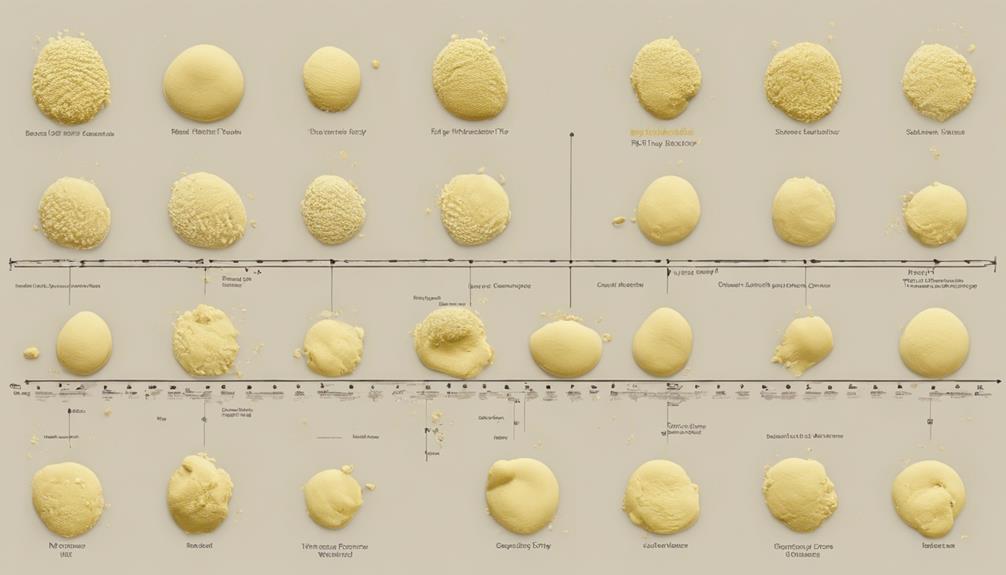Have you ever wondered how newborn kittens handle their bathroom needs?
The process of how they pee and poop is not only vital but also important for their well-being. As cat parents, understanding the ins and outs of this delicate procedure is essential for proper care and development.
So, let's uncover the mysteries behind how these tiny felines navigate the world of elimination and what you can do to support them in this fundamental aspect of their early days.
Key Takeaways
- Proper stimulation after feeding aids kittens in urination and defecation.
- Monitoring elimination frequency and consistency is crucial for evaluating health.
- Gentle rubbing or licking mimics mother cat's actions for effective elimination.
- Introducing a litter box with safe litter encourages proper elimination habits.
Newborn Kittens' Elimination Process
During the first weeks of life, newborn kittens' elimination process relies heavily on external stimulation to facilitate urination and defecation. Kittens are unable to urinate or defecate on their own and depend on their mother's licking to trigger these bodily functions. In the case of orphaned kittens, manual stimulation around the genital area using a soft cloth or tissue becomes necessary after feeding to mimic the mother's actions.
Proper elimination stimulation should always be conducted gently to prevent discomfort or harm to the delicate newborns. It's essential to be patient and attentive during this process to ensure the kittens are able to eliminate properly. Kittens typically urinate after each feeding and may have bowel movements multiple times a day.
Monitoring the consistency and frequency of a kitten's feces is vital for evaluating their health and overall well-being. By observing and managing their elimination habits, we can help newborn kittens thrive and develop successfully.
Stimulating Kittens' Bathroom Habits
To guarantee proper elimination in newborn kittens, stimulating their bathroom habits through gentle rubbing or licking is important for their well-being and development. Mother cats naturally lick their kittens to prompt urination and defecation. In the absence of a mother cat, orphaned kittens require gentle stimulation around the genital area using soft materials like Kleenex or organic baby wipes. This gentle stimulation helps them pee and poop, ensuring they eliminate waste properly.
It's important to make sure the stimulation is done regularly after each feeding to support their overall health. When stimulating the kittens, remember to use a soft touch and gentle rubbing motion to avoid causing any harm to their delicate skin. Monitoring the consistency of their feces is also essential as it can provide valuable insights into the kittens' health status.
Understanding Kittens' Peeing Patterns
Understanding newborn kittens' peeing patterns involves observing their frequency and consistency of elimination to assess their health and well-being accurately. It's important to gently stimulate kittens to go after each feeding by using a soft tissue to mimic the mother cat's actions.
By monitoring how often kittens urinate, you can make sure they're staying hydrated and that their urinary system is functioning correctly. Additionally, paying attention to the consistency of their urine can help detect any potential issues early on. Diarrhea in kittens, for example, can quickly lead to dehydration and other complications, so prompt action is essential.
Managing Kittens' Poop Needs
After ensuring the proper stimulation for urination, it's equally important to address the management of newborn kittens' poop needs to support their health and well-being. Monitoring the frequency and consistency of a kitten's poop is vital for evaluating their health.
Orphaned kittens require caregivers to mimic the mother's licking by gently rubbing the genital area with a soft, warm cloth after each feeding to stimulate defecation. This gentle assistance aids in waste elimination, preventing discomfort and potential health issues.
Newborn kittens don't have control over their bowel movements initially and rely on external help for elimination. As they grow and start consuming solid food, their poop consistency will change, requiring continuous monitoring. Introducing a small litter box with kitten-safe litter can encourage kittens to start associating the box with elimination.
Caregivers should maintain a clean litter box to promote good litter habits. By providing proper stimulation, monitoring, and introducing a litter box, caregivers can effectively manage a kitten's poop needs for their well-being.
Tips for Successful Kitten Elimination
When caring for newborn kittens, ensuring successful elimination is essential for their health and well-being. Proper elimination is vital for maintaining the kittens' health and hygiene. Here are some tips for successful kitten elimination:
| Tip | Description | Importance |
|---|---|---|
| Gentle Stimulation | After each feeding, gently stimulate the kitten's genital area using soft materials like Kleenex or organic baby wipes. | Ensures regular elimination and prevents discomfort. |
| Monitoring Bowel Movements | Keep track of the kitten's bowel movements to ensure they are occurring multiple times a day and have the right consistency. | Indicates digestive health and overall well-being. |
| Consistent Bottle Feeding Routine | Maintain a regular bottle feeding schedule to help regulate the kitten's digestive system and promote timely elimination. | Ensures kittens are well-fed and encourages healthy elimination habits. |
Frequently Asked Questions
How Do Mother Cats Help Kittens Pee and Poop?
We help newborn kittens pee and poop by gently stimulating their genital area after nursing. Mimicking a mother cat's licking, this action triggers their elimination reflex, keeping them clean. It's crucial for healthy habits.
Where Do Newborn Kittens Poop and Pee?
We make sure newborn kittens pee and poop regularly by gently stimulating them after feeding. It's vital for their health to prevent urine and feces retention. Monitoring their elimination helps guarantee their well-being and development.
What Do Mother Cats Do With Their Kittens Poop?
We dispose of our kittens' waste by consuming it to maintain the nest's cleanliness and safety. This instinctual behavior protects our newborns from predators. By ingesting their feces, we prevent any unwanted attention that could harm our little ones.
How Do Newborn Kittens Eliminate Waste?
We assist newborn kittens in waste elimination by gently stimulating them around the genital area. This helps prevent health issues and discomfort. It's crucial to monitor their elimination patterns for their well-being. Proper care guarantees their health.
Conclusion
To sum up, caring for newborn kittens' elimination needs may seem challenging, but with proper guidance and attention to detail, it can become a seamless part of your routine. By understanding their bathroom habits, providing gentle stimulation, and monitoring their pee and poop patterns, you can guarantee their health and well-being.
Remember, a little extra effort now will lead to happy, healthy kittens in the long run. So, don't be afraid to get your hands dirty – it's all part of the rewarding journey of cat parenthood.








